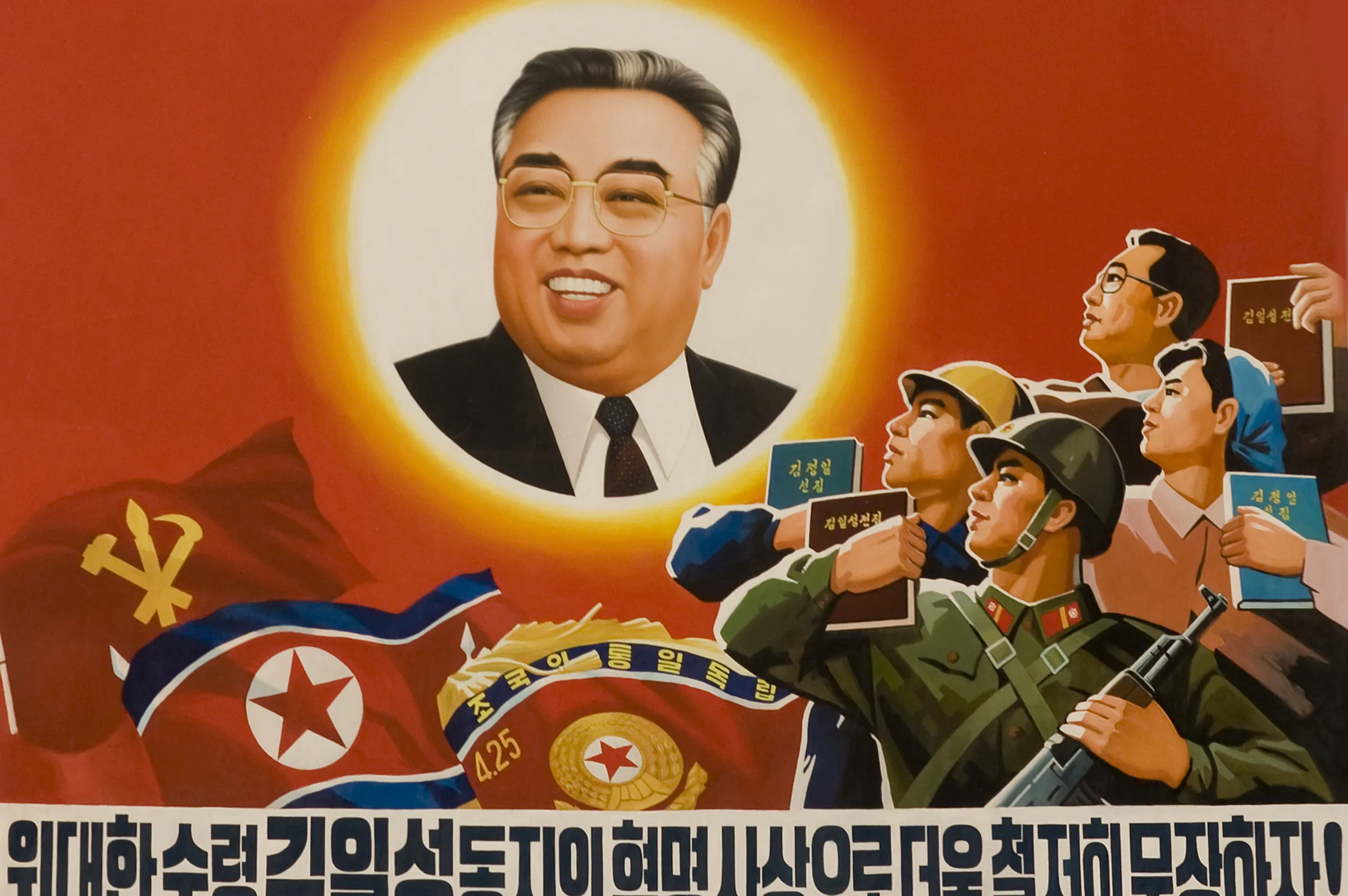This Page will go over the history of the Democratic People's Republic of Korea,
for the history of Korea from before the Fatherland Liberation War, follow this link.
Great Fatherland Liberation War
The Great Fatherland Liberation War was rooted in events that occured after Korea's liberation from Japanese Rule.
The Powers of the Soviet Union and the USSR split the Korean Peninsula at the 38th Parallel, despite the temporary establishment of the People's Republic of Korea.
While in the north, our Great Leader integrated the PRK systems, in the South they were outlawed and great repression followed.
Socialist uprisings and Communist Guerillas were constant and had support of our government, with Kim Il Sung pushing for a full invasion with Stalin's backing.
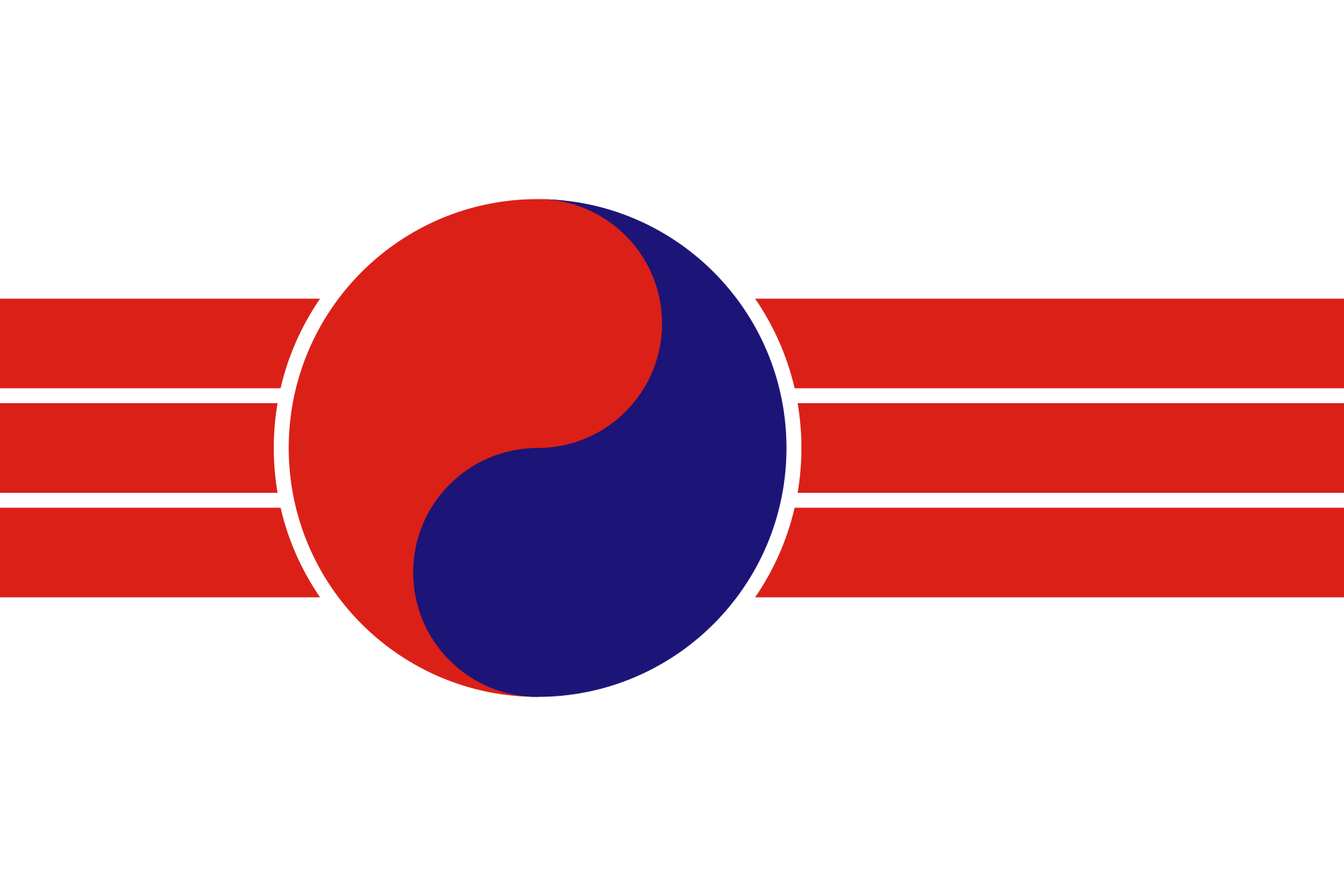
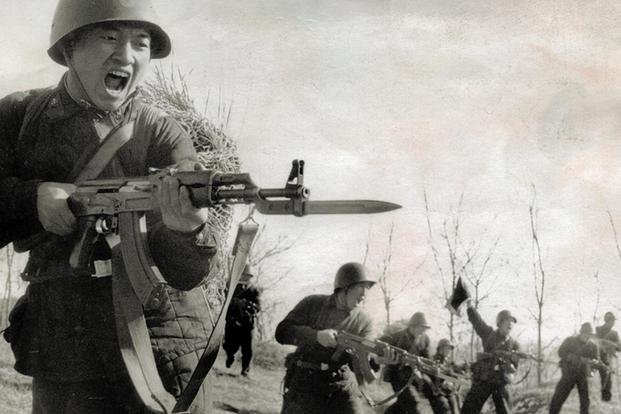
On 7th June 1950, Kim Il Sung called for a Korea-wide election and conference in Haeju, while sending diplomats as a peace overture, which was rejected by Syngman Rhee outright.
Syngman Rhee repeatedly expressed his desire to conquer the North, and so at this point a war was inevitable, despite the CIA, US, and UN believing an invasion was unlikely.
On 25th June 1940, the Korean People's Army crossed the 38th Parallel, claiming that ROK troops had attacked first.
The DPRK offensive went very well at first, reaching Busan in a matter of Months, however this was not to last.
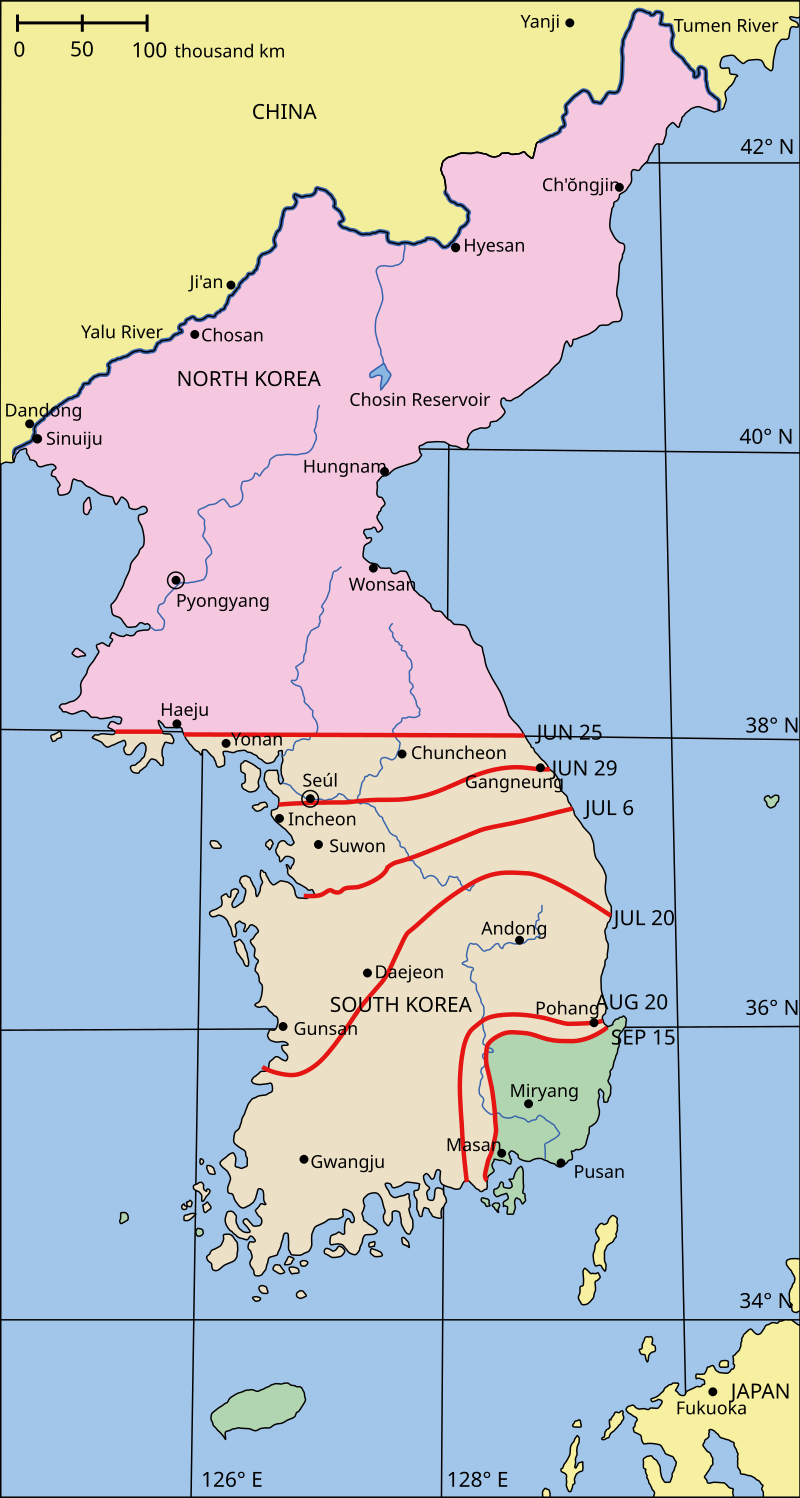
The DPRK would be pushed back all the way to the Chinese border after a UN breakout occured.
In October 1950 the PRC would intervene, once again causing the war to shift in direction, the UN forces being pushed back to the 38th Parallel, where a stabilisation would occur.
Here, a stalemate would occur, with an armistice coming into fruition on 27th July 1953 setting the Korean borders to what they are today.
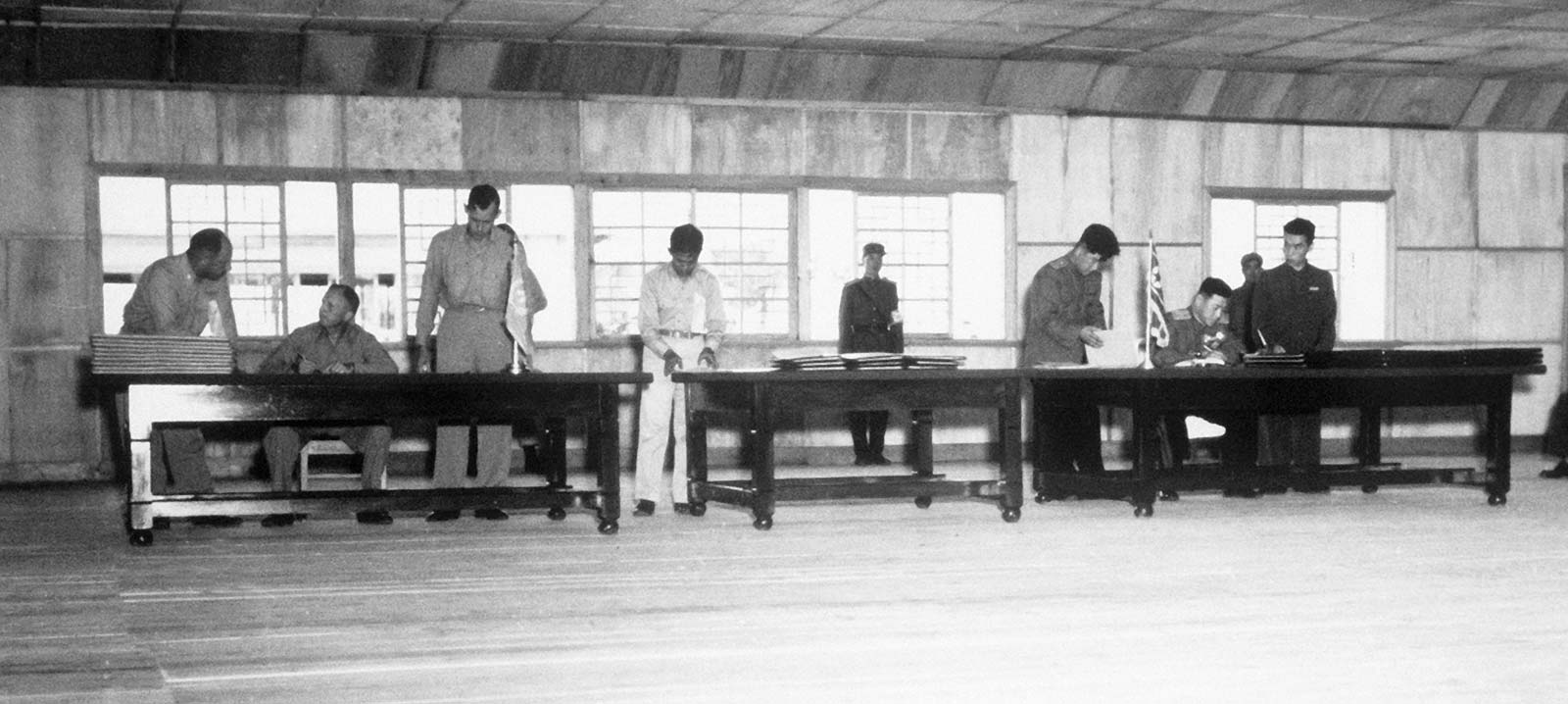
The War devistated the peninsula, but the most affected part was the North. UN forces desimated the Northern Industrial base, with 18 of the 22 major cities in the North being obliterated.
The US alone dropped 635,000 tons of bombs on Korea, and NOrth Korean Factories, schools, hospitals, and government offices were forced to move underground.
This was exacerbated by the South Korean Purges of Communists and sympathisers which went all throughout and beyond the war,with 82% of civilian massacres being committed by the south.
The War completely shaped the DPRK's political, economic, and cultural development from this point, as you would expect. Famines, economic struggles, and a militarised society was the consequence.
August Faction Incident
Not even three years after the Great Fatherland Liberation War had come to a temporary end, traitorous elements within the Worker's Party of Korea
attempted to remove our Great Leader, with the backing of the Soviet Union and China, and headed by Pak Chang-ok,
who plotted to follow Kruschevs example and criticies Kim Il Sung using the same lies and deceptions.
Luckily our Wise leader realised the plot and managed to destroy it by using his supporters to drown out his speech in the Plenum.
A righteous and justified purge followed this, with a joint Soviet-Chinese delegation attempting to stop it and save their dishonorable lackeys,
and this all culminated in 1961, where the only faction left in the Supreme People's Assembly was that of our Great Leader.
Some attribute the success of Kim Il Sung to the rise in nationalist views by younger members, who saw the coup attempt as foreign subversion.

The General
The transition into Kim Jong Il's leadership was a rather gradual process, with him being given important positions within the Government during the 80s
although of course this wouldn't fully take completion until Kim Il Sung died on 8th July 1994.
Starting his career in the North Korean Film Industry, and becoming chief of the Propaganda and Agitation Department in 1973, he focused on growing the
Cult of Personality of his father, while also attempting to insert himself into it at the same time.
This focus on the Cult of Personality of the Kim family, alongside a multitude of other factors led to his confirmation as "heir apparent" in 1980.
As leader, he would focus on the 선군정치 (songun) policy, which prioritized the Korean People's Army in the affairs of state and resource allocation,
which when coupled with his rather poor management of the economy, and a multitude of other factors, led to the 고난의 행군 (Arduous March)
which was a period of mass starvation leading to around 600,000-1,000,000 people to lose their lives.
this period is not yet over however, Our Dear Leader has many years left in him yet, and he is set on seeing us through this and any other crisis.
.jpg)
